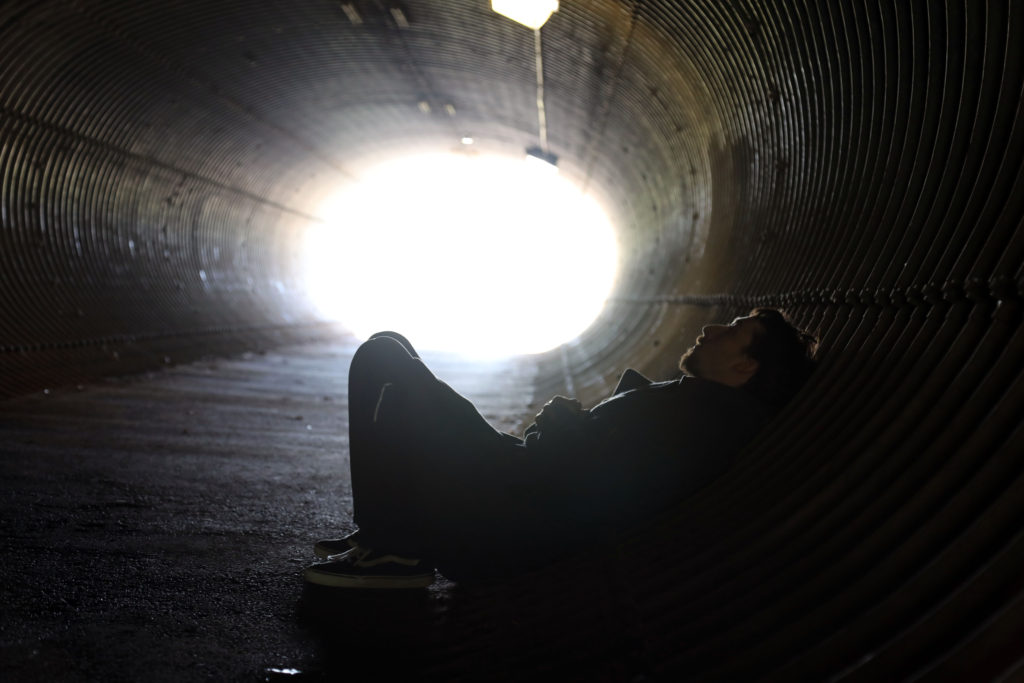
By Stephanie Salas-Vega
Arts & Culture Editor
In January, according to a Point in Time count that included Farmers Branch, 43 Farmers Branch students were identified as being homeless. The finding prompted the Farmers Branch City Council to approve a contract with Metrocrest Services, a local service agency.
The contract, approved April 2, will help the identified families break the cycle of homelessness, according to a press release by the city. Services provided will include rental assistance, workforce development, financial literacy and educational opportunities.
According to the press release, Farmers Branch Mayor Robert Dye said: “Taking the lead on such an important issue is in line with our core beliefs, that we look out for the whole community, especially children. We’re optimistic that this pilot program will be the foundation to help eliminate child homelessness throughout our region as other communities can hopefully build on what we’ve started.”
The 43 C-FB ISD students were among more than 400 students – 245 from C-FB ISD – in the area who identified as homeless during the first Point in Time Homeless Count conducted in January, according to a Feb. 27 press release by Farmers Branch. The count included students that were doubling up or lived in motels, shelters or cars.
A Point-in-Time count, or PIT, is an annual, census-like count of all persons experiencing homelessness within a geographic area, according to the Department of Housing and Urban Development. The goal of a PIT is to gather a point-in-time snapshot of a community’s current state of homelessness.
The count is conducted on a single night in January. According to HUD, communities are required to conduct the count every other year.
Metrocrest Services led the first PIT Jan. 24 covering Farmers Branch, Carrollton, Addison, Coppell and a portion of Dallas, according to a Farmers Branch press release. The count was conducted with the help of police departments of the cities, including Brookhaven College police, and other area service agencies.
The PIT counted 33 individuals who were unsheltered – living outdoors or in cars.
Metrocrest also counted individuals who, although not homeless, were considered housing unstable. The count included information provided by participating hotels who reported 1,202 individuals living for months or years in them.
According to The New York Times, Sara Goldrick-Rab, founder of the Wisconsin HOPE Lab and a professor of higher education policy at Temple University, said homelessness among college students is a persistent problem that may be affected by the changing demographics of college students.
“One of the nuances here is that there are people going to college who didn’t used to go,” Goldrick-Rab said. “If you didn’t have a parent with a college degree in the past, you didn’t go to college. If you were a foster youth, you didn’t go to college. It’s a big triumph that we have expanded access in this way, but we didn’t change the schools and we didn’t change the policies.”
She said more low-income students are attending college without a safety net. Goldrick-Rab said the average college student is 29 years old and living on their own, so they may not be willing to tell their parents of their troubles.
Losing their job or other problems at home could put them at risk of losing their home.
Brandon and Angela, two Brookhaven students who asked their real names be withheld, have experienced homelessness.
Brandon, who came from southeast Texas, said he does not have a stable home. He couch surfs or lives out of his car when friends are unable to help. He said his parents, who live out of state, are unaware of his situation. “I definitely don’t like asking for money,” he said. “I’ve thought about coming [to the campus locker rooms] and taking showers, but I feel too anxious about it and too uncomfortable.”
Angela said she did not feel comfortable staying too long at someone’s house. “I felt like a burden,” she said. “I felt like I was interrupting people’s lives.”
Some colleges across the country are taking steps to ensure their struggling students can be helped. According to The New York Times, Amherst College keeps its dorms open over the summer, in part so students with no place to go can stay on campus.
“If we, as a community of professional educators, administrators and people who make our living from Brookhaven College do not address and work to solve [homelessness] issues, then we are not educating our community properly,” Jennifer Allen, a history professor, said in an email to The Courier. “College is not solely about studying and grades. There is so much more that is part of college.”
At Brookhaven, The Hub is a central point where students can ask for help with anything they need. The space opened in August 2018 and offers resources and the help of advisers beyond tutoring to all currently enrolled students. According to the Brookhaven website, The Hub’s Connections program puts students in touch with services that can help them with needs outside of their college life, including housing.






